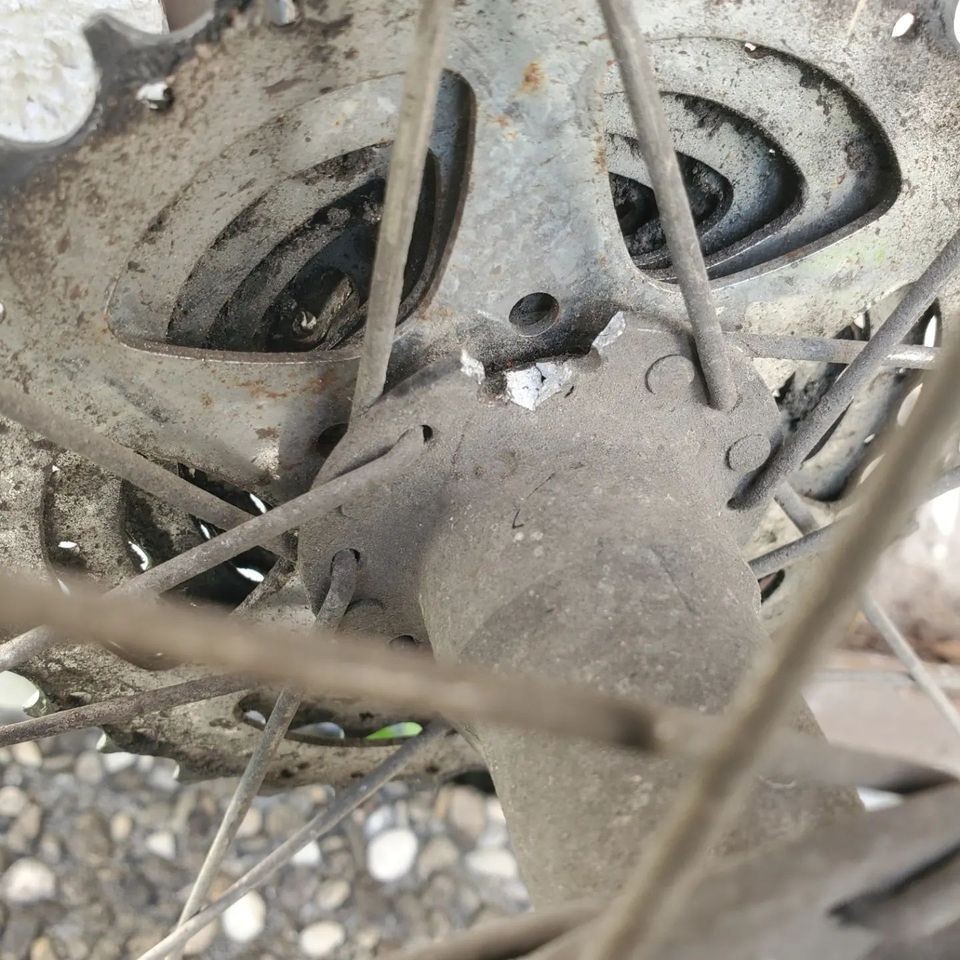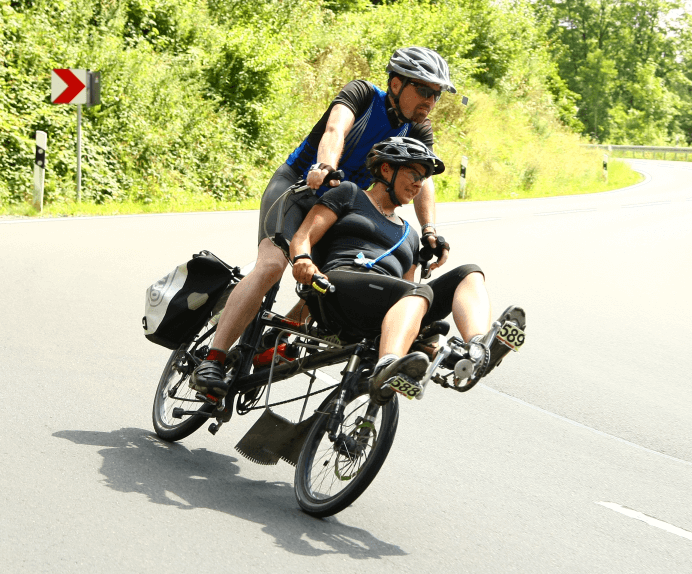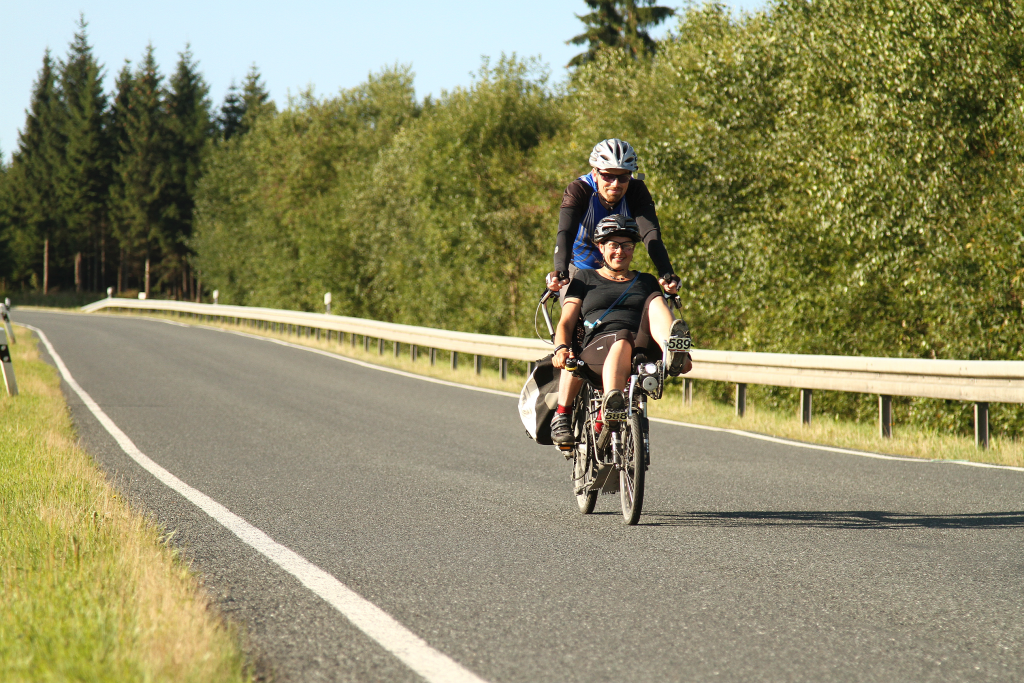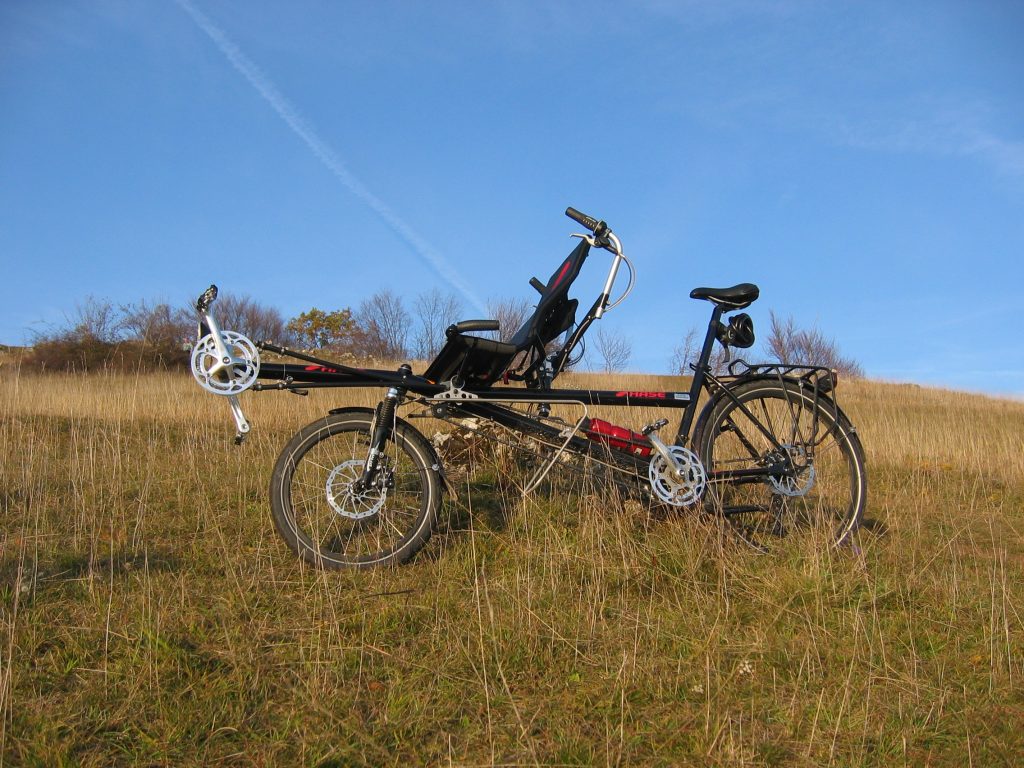I've been writing about bicycles in our Western space yesterday - where the bike is not necessarily the first choice of transport.
Usually, the more urban the area, the more prominent the bike, as it's harder to find a parking space, and more annoying and time-consuming to get through the traffic jam. People who live in rural areas often think of the car first when planning to go somewhere - and as the car is rarely really not a possibility, it's the mode of transport used no matter if the trip in question could also be done on foot or on a bike. Taking the bike instead, though, has a lot of positive effects, as this German article outlines: less nitrogen dioxide and dust emissions, less noise and space consumption, less carbon dioxide emissions (and therefore good for our climate). You've certainly heard about all of these before.
What really surprised me, though, is that there is also a sociopolitical and socio-economic factor in this. There's been a survey by Stefan Gössling from the Uni of Lund, who calculated the costs of a kilometre done by car as opposed to the costs to one by bike - including secondary costs due to climate change, subventions, noise, infrastructure, time of travel, traffic jams, the user's life expectancy and accidents. The result? One kilometre per car costs about 20 cent. One kilometre per bike generates 30 cent. It generates money, folks.
That is... stunning.
What I really wanted to get at when I started writing this post, however, is the immense amount of positive impact that a bicycle has in non-Western countries. For us, using the bike sometimes feels like a step down - it's slower over long distances (even if you drive your car like a gran on tranquilisers, like I do), it's less comfortable as you may have to exert yourself a bit, or as you might get wet when it rains, and it has less transport capabilities than a car (though with some of the modern fancy cars, there's not so much difference anymore). It's also less of a status symbol thing, which surely also plays a role in how we grade our vehicles internally, knowingly or not.
In countries where there is no abundance of cars, though, and mobility is at a premium; where walking is the standard mode of transport, because there's nothing else available? A bicycle will make a world of a difference. And this is where World Bicycle Relief comes in.
World Bicycle Relief is a charity that empowers people by developing a special bike, called the Buffalo Bike, and making it available to those in need of mobility. Such as doctors, nurses, or other healthcare practitioners who need to visit their clients. Girls and young women who can get to school safely and much faster with a bike. Farmers who need a way to transport their produce to a market. The bike is not only robust, sturdy, and easy to repair, it also has a large payload capacity - the carrier in the rear can take up to 100 kg, and it is large enough that it's possible to transport a second person if that is necessary.
Even better, the charity goes for local assembly, it makes sure that there are spare parts available in bike shops, and they also train bike mechanics to make sure the bicycles stay in good working order. So these things not only help the new cyclists, they also create local, sustainable jobs.
Along with MSF, this is definitely one of my favourite charities. If you are looking for a place to do some good with your money, consider donating to them - they are currently running a campaign called "Racing the Sun" to get 5000 bicycles to people in need.







